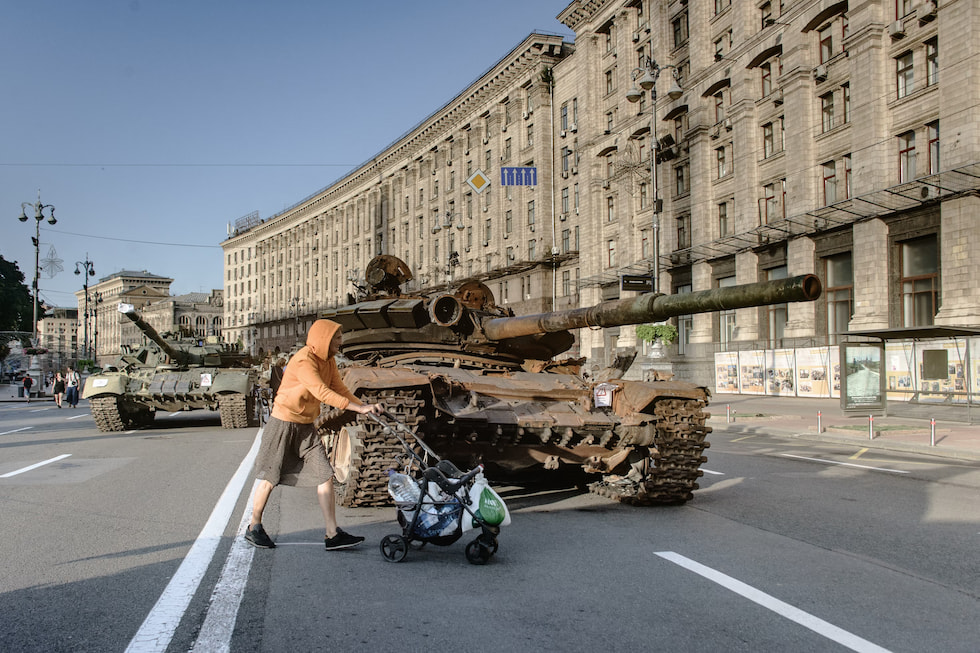
If President Donald Trump were to broker a peace deal between Ukraine and Russia, the scenario under which Ukraine would find itself could be both positive and deeply controversial, depending on the terms of such an agreement and the parties involved. Based on recent statements from Trump and his administration, it is likely that any negotiated settlement would involve significant sacrifices by Kyiv, including territorial compromises and the impossibility of NATO membership. These conditions could reshape not only Ukraine's geopolitical landscape but Europe in profound ways. For one, if Ukraine were forced to cede regions like Donetsk, Lugansk, Kherson, Zaporizhzhia, or even Crimea—areas that Russia has claimed through annexation or military control—the country would face not only a loss of sovereignty but also instability along its new borders. The presence of Russian forces in these territories might create a frozen conflict scenario, where growing tensions last without full-scale war, much like those seen in Georgia’s breakaway regions of Abkhazia and South Ossetia.
Economically, Ukraine’s recovery post-conflict would hinge heavily on international aid and investment given the devastation wrought by years of fighting. Trump’s reported interest in securing access to Ukraine’s rare minerals as collateral and as a part of a broader economic partnership. While this could provide short-term financial relief for reconstruction efforts, it risks alienating European allies who have championed unconditional backing for Ukraine. Moreover, should NATO membership be taken off the table—a demand consistently affirmed by Moscow—it would leave Ukraine vulnerable to future aggression, hanging only by the promise of President Vladimir Putin, although this lack of security guarantees could be resolved by a written treaty instead of one through the word of mouth claimed to have been made in 1989. Domestically, the political complications within Ukraine could be brewing widespread resentment over perceived surrender, especially among those displaced by territorial losses.
President Volodymyr Zelenskyy’s leadership could be under fire if the deal is viewed as undermining national integrity, possibly leading to internal divisions and unrest. Internationally, nations applaud the cessation of hostilities, while some Western democracies view the accord as legitimising Russian aggression, thereby enabling authoritarian regimes globally. Financial markets reaffirm the possibility of the deal with the crude oil market and major weapon manufacturers trading lower. Furthermore, China’s growing influence over Moscow could position Xi Jinping as a key arbiter, shifting global power dynamics further eastward. In essence, while a Trump-brokered peace deal might bring an end to active hostilities, Ukraine’s future under such an arrangement would likely entail negotiating to achieve terms regarding compromised sovereignty, economic dependency, and geopolitical realignment. Whether this outcome constitutes true peace or merely a temporary reprieve remains uncertain, where one can hope there is an end to one of modern history’s most consequential conflicts.
Source: The Guardian, Daily Mail, Politico
Photo: Unsplash
